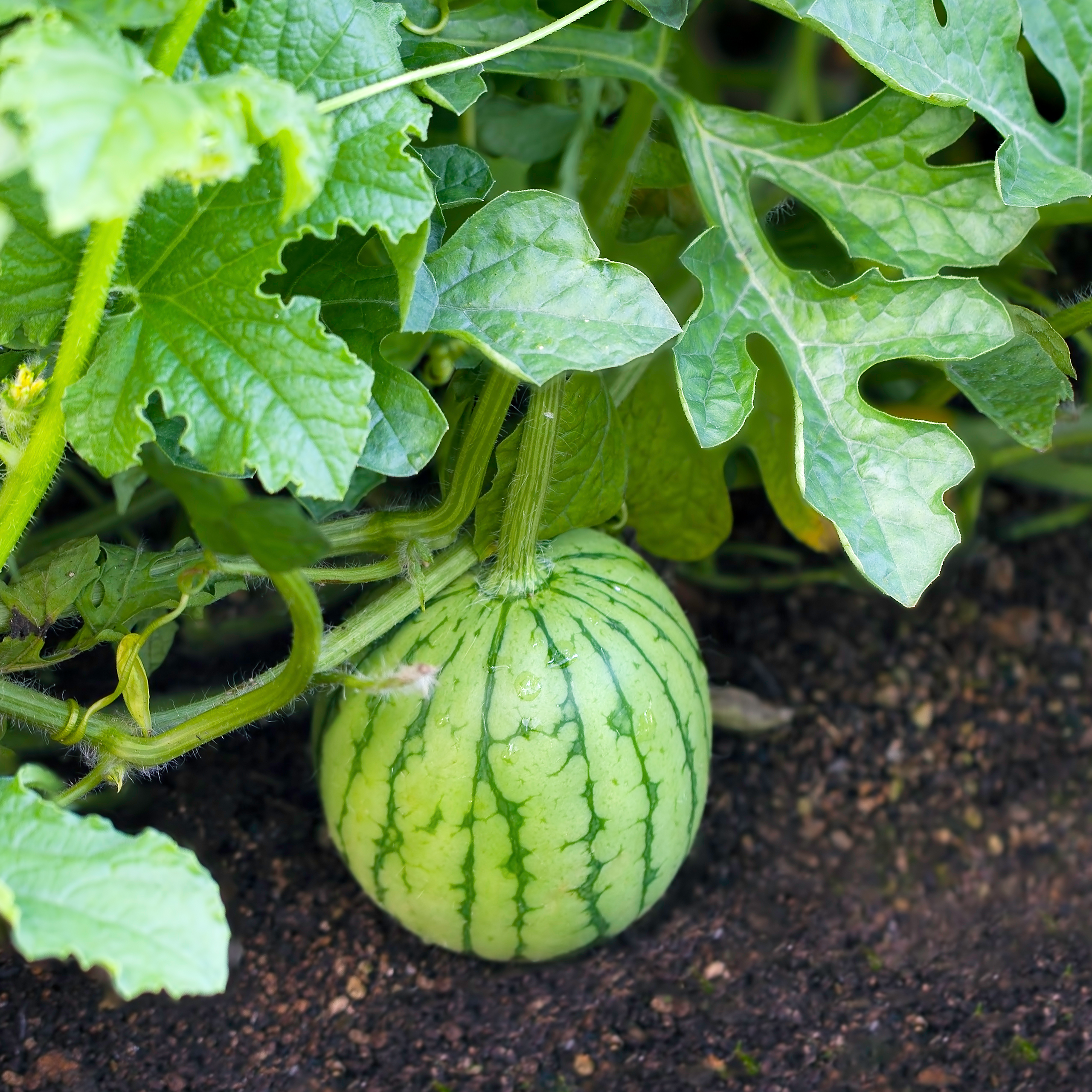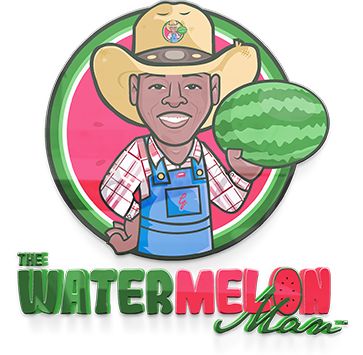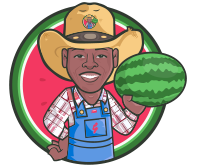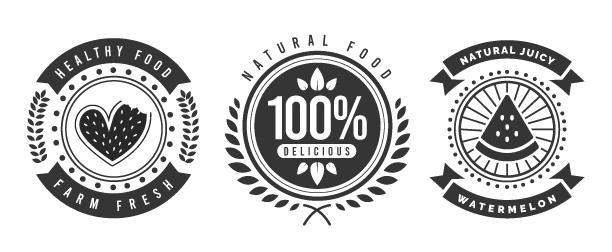As a farmer, I’ve seen my fair share of crops come and go. But there’s something special about watermelon that has always stuck with me. It’s more than just a summertime treat – it’s an amazing fruit that has been a part of my life for as long as I can remember.
“When one has tasted watermelon, he knows what the angels eat.” – Mark Twain
Growing up on a farm with my family, we would spend hours in the hot sun tending to our watermelon crops. I remember the anticipation of waiting for the first ripe melon of the season. It was always a race to see who could find it first and claim it as their own.
But beyond the excitement of the harvest, there’s something truly special about the taste of a ripe watermelon. The sweetness, juiciness, and refreshing quality of the fruit make it a true delight to eat. And as a farmer, I’ve come to appreciate the many health benefits that watermelon has to offer.
Watermelon is packed with vitamins and minerals, including vitamin C, which helps to strengthen the immune system and improve skin health. It’s also rich in lycopene, an antioxidant that may reduce the risk of cancer and heart disease. And let’s not forget about citrulline, an amino acid that can improve blood flow and lower blood pressure.
As I continue to farm and share my love of watermelon with others, I’m reminded of the
magic that this fruit holds. It’s not just about the taste or the nutrition – it’s about the memories, the community, and the joy that it brings to our lives.
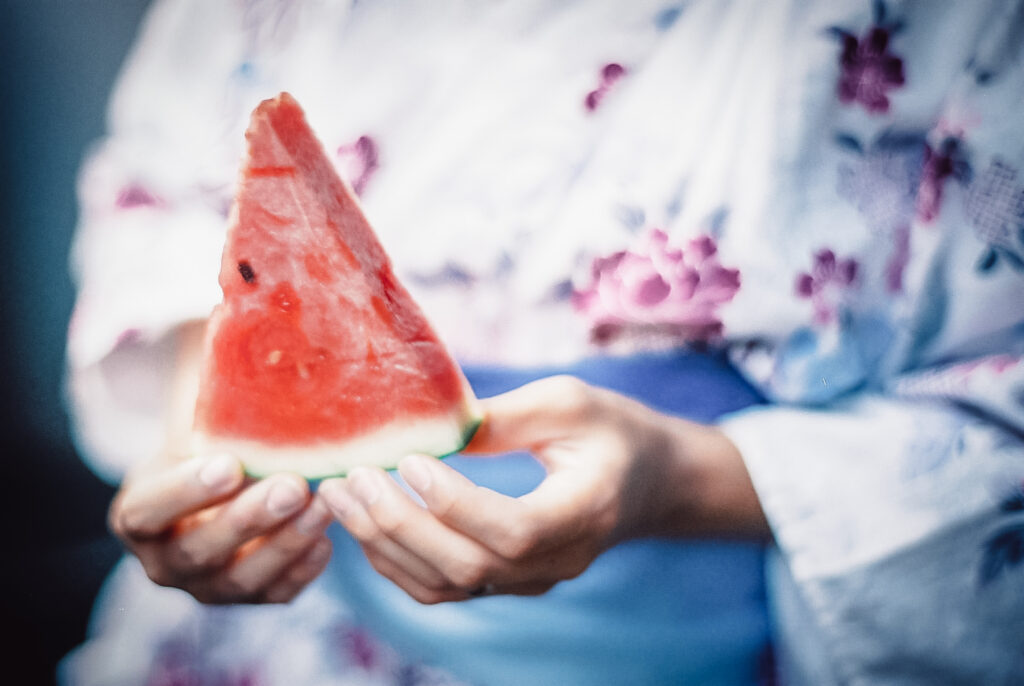
Japanese Gift of Watermelon.
Watermelon Fun Fact: In Japan, it is common to give a watermelon as a gift, and they are often sold with ornate decorations and packaging.
THE NUTRITIONAL FACTS OF WATERMELON
The breakdown
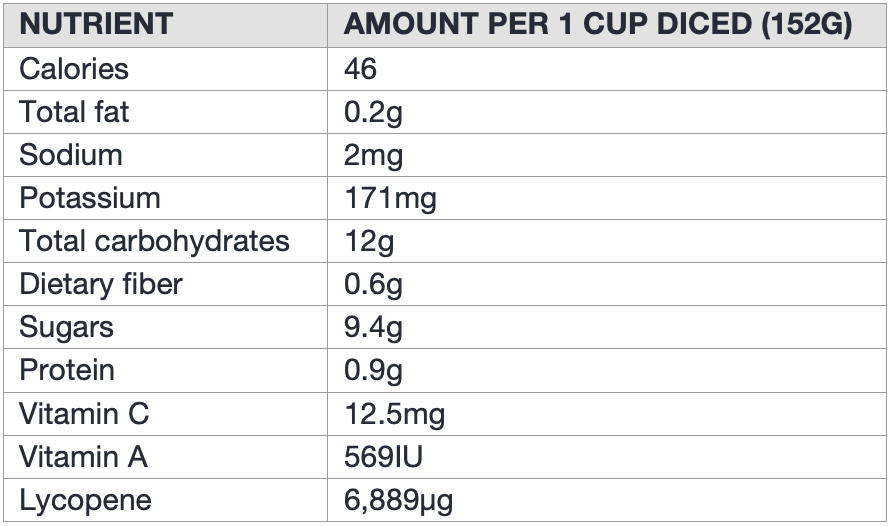
This chart provides a breakdown of the nutritional facts of watermelon, including the amount of calories, total fat, sodium, potassium, total carbohydrates, dietary fiber, sugars, protein, vitamin C, vitamin A, and lycopene in one cup of diced watermelon (152g).
